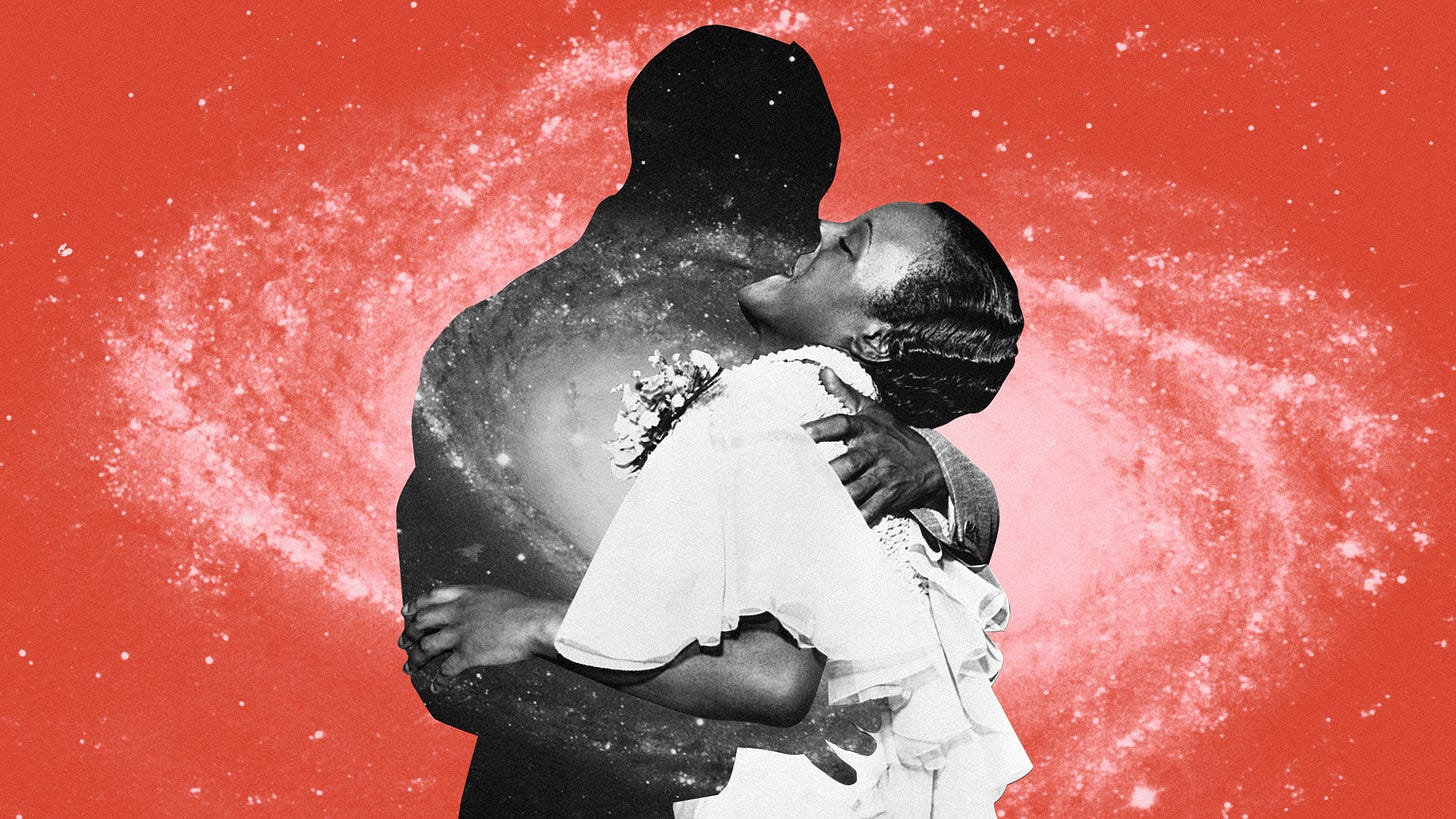Love Decoded: 10 Psychological Secrets That Will Revolutionize Your Dating and Relationships
When you’re talking with someone, look at this person’s feet. The direction they point to may reveal a lot.
People tend to like you more after you make a mistake. This is called the "Pratfall Effect." The point is that your small mistakes make you seem more real and likeable. For example, if you spill your coffee on a date, it may make your date like you…



